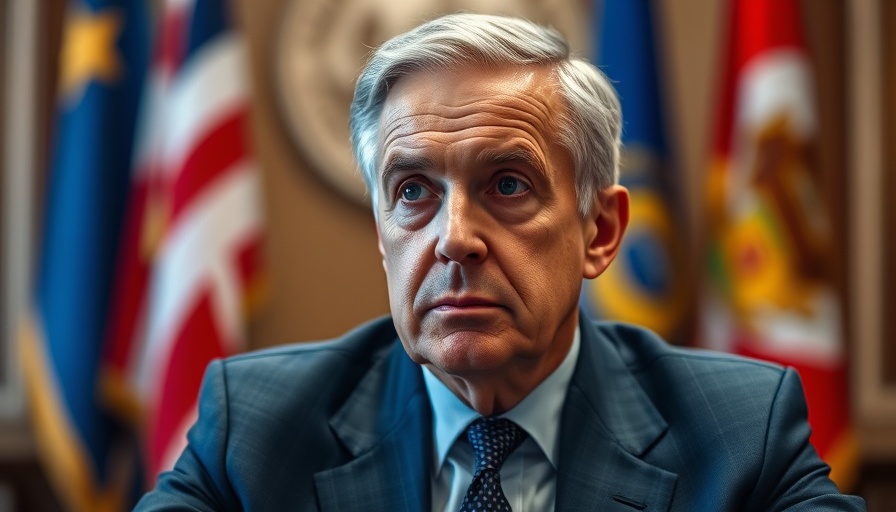
Trump's Absence at the G20 Summit: What Does It Mean for Global Politics?
This year’s G20 Summit in South Africa is set to proceed without the much-anticipated presence of former President Donald Trump, who has announced that he will not be attending and will instead send Vice President Mike Pence as his representative. The implications of this decision extend beyond mere attendance; they signal shifting dynamics in global leadership and the evolving role of the United States on the world stage.
The Significance of the G20 Summit
The G20 is a critical platform for global leaders to discuss pressing economic and political issues, especially pertinent for a country like South Africa grappling with its own economic recovery amidst high unemployment rates and corruption investigations. Trump's absence raises questions about America's commitment to international cooperation at a time when issues like climate change, trade agreements, and economic recovery from the COVID-19 pandemic are crucial for all nations.
The Domestic Repercussions for the U.S.
Domestically, Trump's decision to skip the summit reflects the ongoing political challenges he faces as he positions himself for future elections. The impending national elections will see key players like the Democratic Alliance and the African National Congress (ANC) analyzing his actions closely. Trump's reliance on a strong vice presidential presence, particularly in the eyes of watchers concerned about state capture and corruption investigations, could strategically sway public opinion. In focusing on these topics, the GOP may hope to leverage national discontent with current governance.
International Perception and Relations
The decision also impacts international attitudes towards the U.S. at a time when relationships with countries in the Southern African Development Community (SADC) are under scrutiny. The absence of a president may be seen as a lack of respect towards participating leaders and highlighting a perception of disengagement from global conversations about pressing issues like economic inequality, which have been exacerbated by the ongoing economic strain and high inflation rates.
What Can This Mean for Global Trade?
The G20 Summit is a vital venue for discussing international trade agreements that have implications for foreign investment and job creation across the globe. South Africa's economic prospects, likewise, depend on fostering strong relationships through these discussions. Trump's vice president may struggle to make the necessary diplomatic connections to rally support for the U.S. agenda, contributing to instability in stock markets and fluctuating exchange rates, which can also lead to escalated trade tensions.
Looking Forward: Predictions for Future G20 Summits
As nations navigate their own political uncertainties, we can expect future G20 meetings to increasingly pivot towards national interests. With evolving power dynamics, the effectiveness and direction of discussions may diminish unless nations prioritize cooperative interests over contentious ones. The push for renewed commitment towards addressing climate change initiatives, digital transformation, and sustainable development will depend significantly on the presence—and participation—of top leaders from powerhouse nations.
Final Thoughts: The Role of U.S. Leadership
The decision for Trump to step back may resonate with the electorate who seek effective governance and sound international relations. As the U.S. continues to grapple with issues such as racial equality and public health campaigns, the question remains: will future leaders adopt a more collaborative approach in global politics? This event not only raises expectations for upcoming elections but also our understanding of America's role on a continually interconnected planet.
 Add Row
Add Row  Add
Add 




Write A Comment